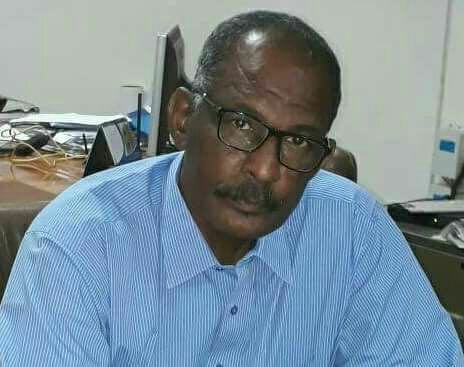Behind the News

Mohamed Wadaa
Sudanese-Sudanese Dialogue
Dialogue will be held in Sudan after the ceasefire
The role of the regional and international community is limited to facilitating the dialogue only
Cairo Initiative and the High-Level Mechanism initiative agreed to separate the political track from the military track,
It is very important that the two initiatives complement each other, not intersect
The High-Level Mechanism initiative cannot advance in the absence of Sudan
The road ahead of the Sudanese-Sudanese dialogue seems difficult and long, but it is the only road
The outcomes of the Cairo Initiative and the African Union High-Level Mechanism carried important commonalities, most notably the description of the dialogue as a Sudanese-Sudanese dialogue, and that it is being conducted under Sudanese management, and without interference from the organizing bodies.
In Cairo, invitations came in a personal capacity and to a number of actors, while in Addis Ababa they were under the banner of blocs and parties, which were mentioned exclusively in the invitation to twenty blocs, parties and entities, and for various reasons, entities were absent from the two initiatives, but By direct apology or absence after receiving invitations, or for not extending the invitation in the first place, and it is noted that some actors have reservations about the two platforms.
One of the most important results of these movements is the agreement of the majority that the dialogue must be Sudanese-Sudanese, and managed by Sudanese, and regardless of how the dialogue management committee is formed, this is something that can be addressed and any similar shortcomings can be corrected.
However, the agreement on the principle is a correct start and a response to one of the most important requirements of the dialogue.
The most important results of the Addis Ababa conference came in response to the foundations and requirements of the dialogue, which are the place and time of the dialogue and the role of the regional and international community. The conference participants in Addis Ababa agreed that the dialogue would begin after the ceasefire and the withdrawal of the Rapid Support RSF Militia from the homes of citizens and civilian dignitaries, and this dialogue would be held inside Sudan, and the role of the regional and international community would be limited to facilitating the dialogue only.
The issues of the dialogue, according to what was done in Addis Ababa, included two stages.
The first stage was for urgent issues, and contained (16) titles. For the transitional phase issues, while the second phase was devoted to the issues of the constitutional conference in general and in detail in (15) titles, with a clear separation of the political track from the military track according to Jeddah Agreement, the paragraph defining the parties to the dialogue was controversial against the backdrop of interpretations, some of which saw that this paragraph banned the National Congress (NCP)from participating, while others went to that it did not ban it, and it is the paragraph that came (the Sudanese-Sudanese dialogue shall be a comprehensive dialogue, excluding no one, except for those against whom judgments have been issued under the law under the penalty of war crimes, crimes against humanity, crimes of gross violations of human rights, crimes of genocide, or under the constitutional document), while other parties interpreted this paragraph as excluding the National Congress NCP from the first phase of the dialogue, with the possibility of its participation in the second phase (the constitutional conference), based on another paragraph that called for unifying the internal front, and on the basis of citizenship rights and the nature of the issues of the constitutional conference, taking into account that these interpretations are not final due to their being subject to consensus in the preparatory committee for the dialogue, which It includes other parties, while another interpretation, perhaps more likely, is to consider the dialogue comprehensive with the presence of the majority, and therefore, in any case, the issue of determining the parties to the dialogue remains controversial because the invitation to the participants came in the two forums from the organizers, and did not consult with the invitees.
It is of utmost importance to integrate the two initiatives, not to interrupt them, and to reconsider the approach and method. The African Union AU must also lift the ban on Sudan’s membership, as the High-Level Mechanism initiative cannot advance in the absence of Sudan, as stated in the final statement of the Addis Ababa meeting.
The road ahead for the Sudanese-Sudanese dialogue seems difficult and long, but it is the only road.
We apologize for the interruption in the past days, and thank everyone who called to inquire about it. July 18, 2024



